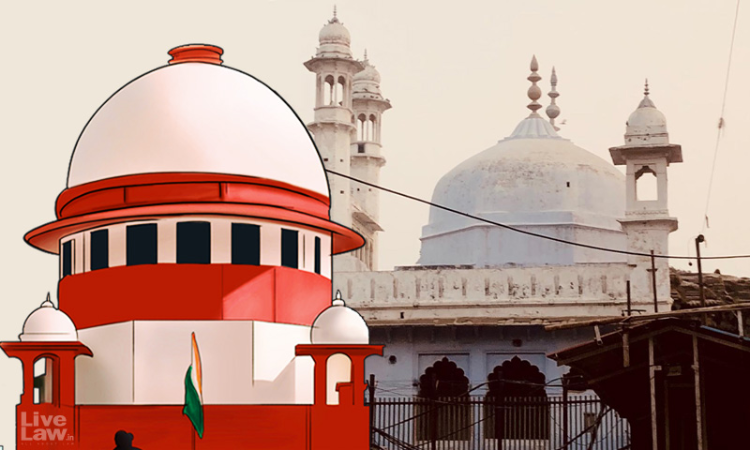The Managing Committee of the Gyanvapi Mosque has filed an intervention before the Supreme Court in the pleas challenging the validity of the Places of Worship Act 1991. It said that the consequences of the declaration sought by the petitioner that the Act was unconstitutional "are bound to be drastic."The lead petition (Ashwini Kumar Upadhyay v. Union of India) was filed in 2020 in which...

